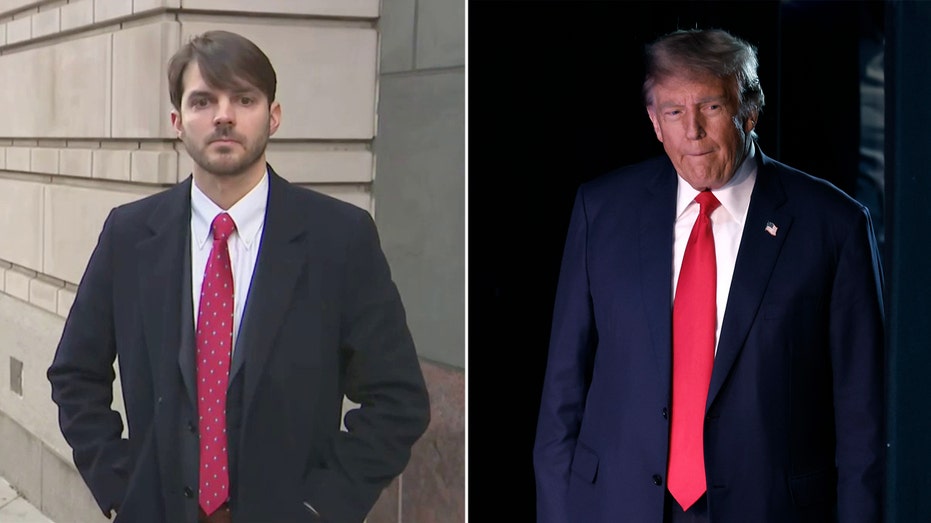Trump Tax Leaker Declines to Testify in House Investigation into Biden DOJ Plea Deal
Man accused of leaking Trump's tax records invokes Fifth Amendment, refuses to testify before House Judiciary Committee.

The man at the center of a high-profile tax leak case, Charles Littlejohn, has invoked his Fifth Amendment rights and refused to provide testimony to the House Judiciary Committee. Littlejohn, a former IRS contractor currently serving a five-year prison sentence, was called to appear before the panel as part of an ongoing investigation into the events surrounding his unauthorized disclosure of sensitive tax information — including that of President Donald Trump and thousands of other prominent Americans.
In a letter submitted by his public defender, it was explained to the committee that Littlejohn is actively appealing his sentence. Citing constitutional protections against self-incrimination, the defense stated, "The testimony that you seek from Mr. Littlejohn directly implicates his Fifth Amendment privilege against self-incrimination... Mr. Littlejohn validly exercises that Constitutional right in declining to testify."
The committee's inquiry has focused on the details of a plea deal Littlejohn reached with the Department of Justice in 2023. As part of this arrangement, he admitted to accessing and releasing not only Trump’s confidential tax records, but also those of hundreds of thousands of wealthy Americans, including high-profile figures such as Elon Musk, Jeff Bezos, and Warren Buffett. The disclosed information was provided to several media outlets, sparking a national debate about privacy and the politicization of the IRS.
Despite the mass scale of the breach, Littlejohn was ultimately charged with just one felony: the unauthorized disclosure of tax returns. He pleaded guilty and received a 60-month prison term — the maximum for the single count — yet this outcome has come under scrutiny. During sentencing, U.S. District Judge Ana Reyes expressed grave concerns, remarking that she was "perplexed" and "troubled" by the Justice Department’s decision to pursue only one charge despite the vast number of affected individuals.
Republican lawmakers have sharply criticized the DOJ’s handling of the case, calling the deal overly lenient. Senator Rick Scott described it as the "plea deal of the century," while House Ways and Means Committee Chairman Jason Smith argued that prosecutors missed an opportunity to deter future leaks by IRS employees. These concerns have only grown after revelations that the data breach may have been even larger than previously reported. According to House Judiciary Committee Chairman Jim Jordan, IRS communications indicate that over 405,000 taxpayers were impacted, and nearly ninety percent of them were business entities.
Chairman Jordan has demanded further explanation from the Justice Department, seeking access to all communications and records related to Littlejohn’s prosecution. In his appeal, Jordan questioned why, given the breadth of the violation, Littlejohn was allowed to plead guilty to just a single count. The Justice Department has so far declined to comment on these demands, while pressure continues to mount from both lawmakers and the public for increased accountability and answers regarding the unprecedented leak of private taxpayer data.




